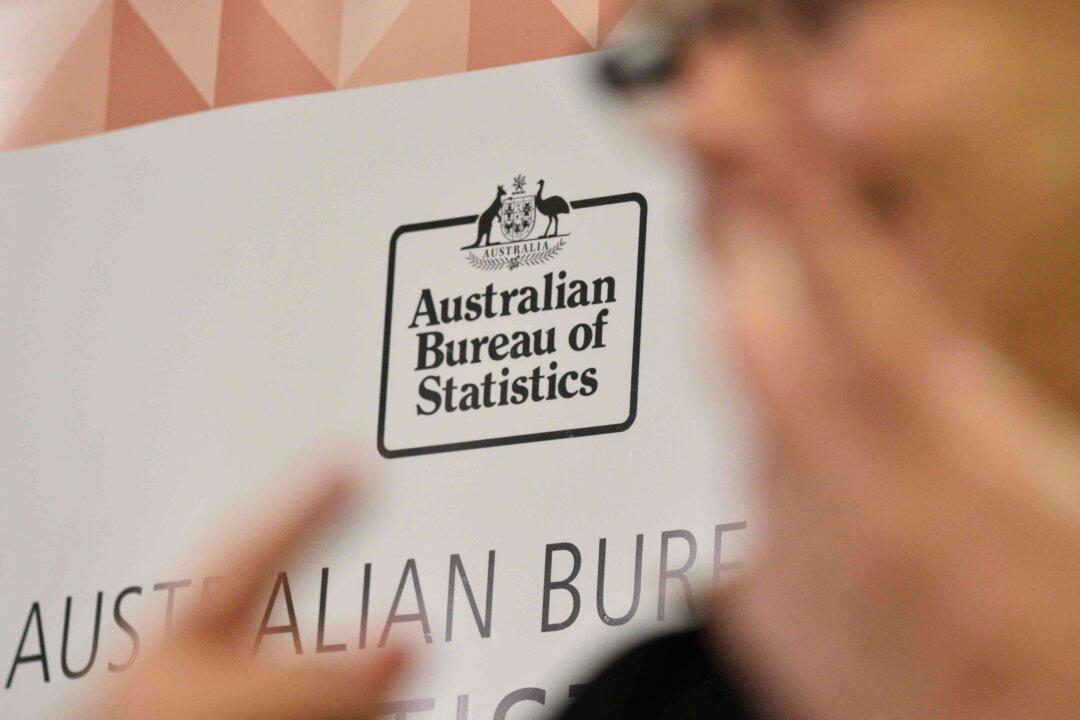The Australian Bureau of Statistics (ABS) has backflipped on its decision to collect Australians’ ethnic data, citing “significant issues” and “complexities.”
This comes amid criticisms that the decision will prevent Australians from knowing the change in demography as the country hits record migration numbers.





